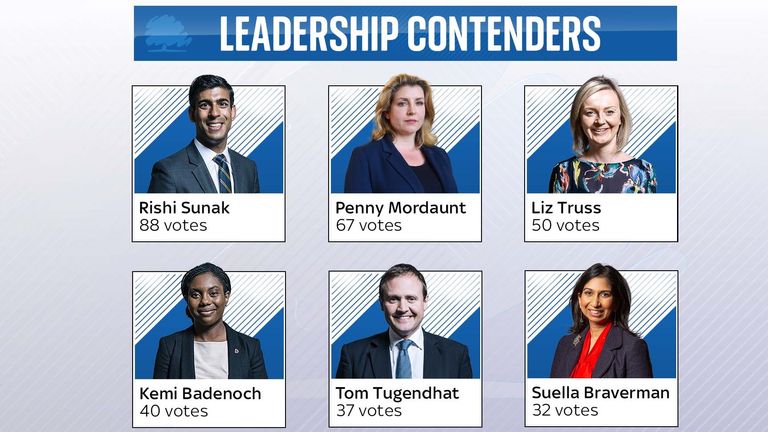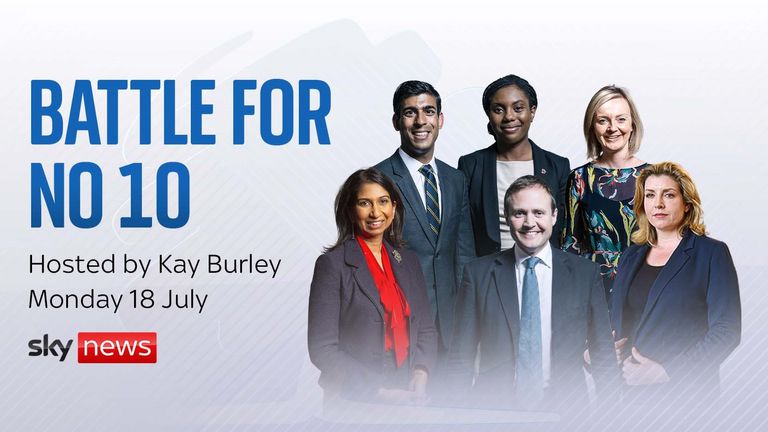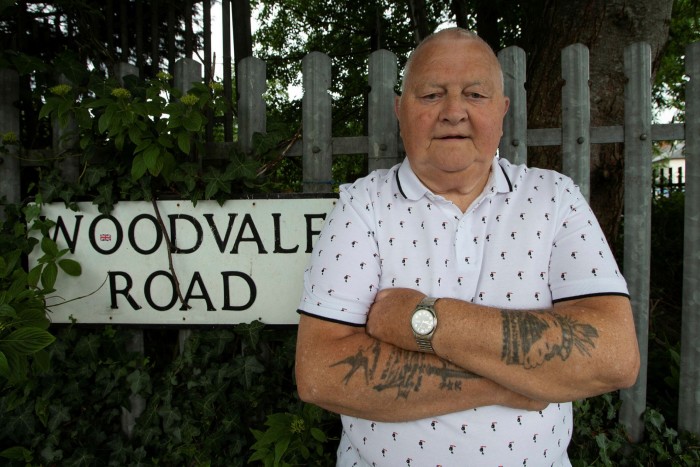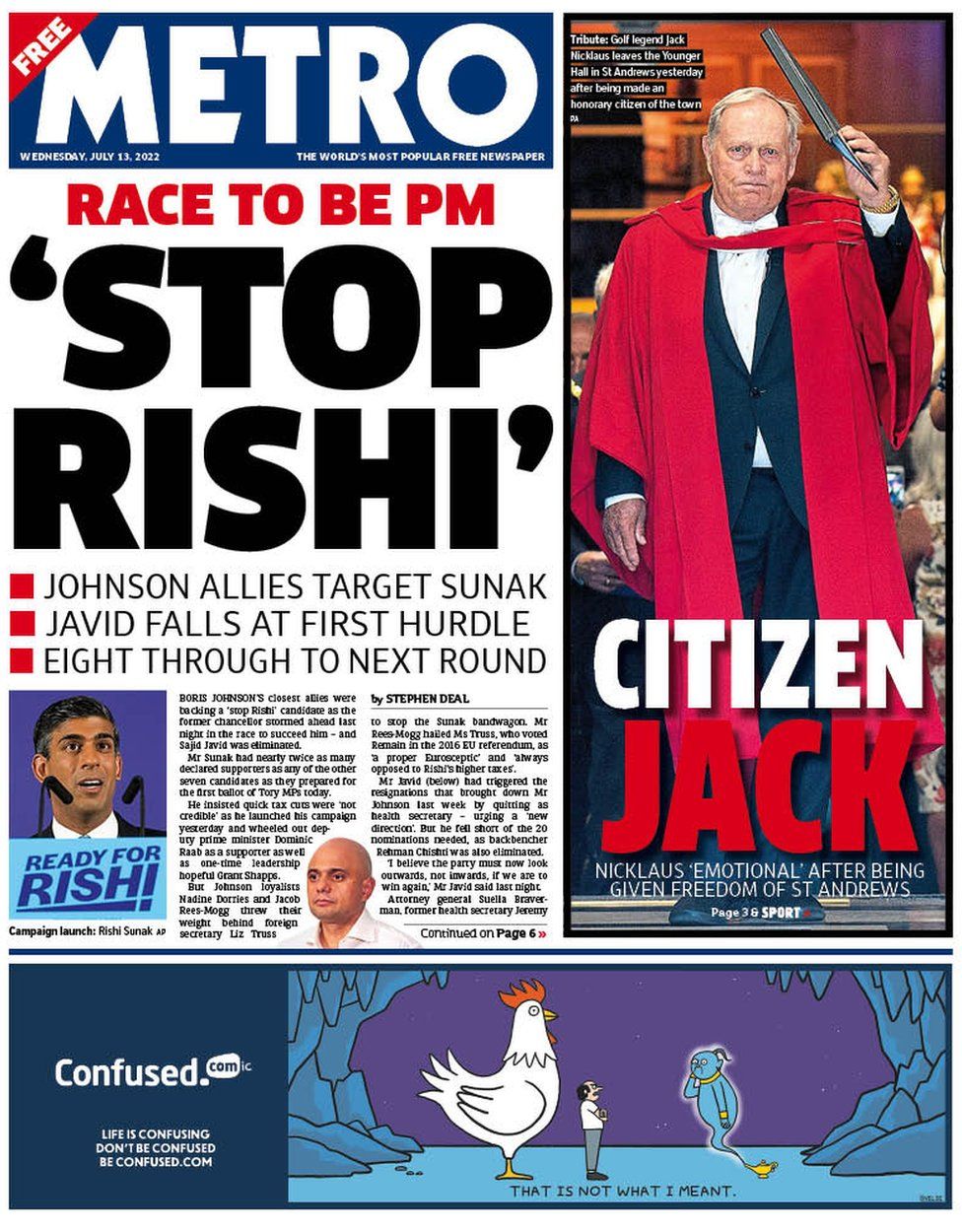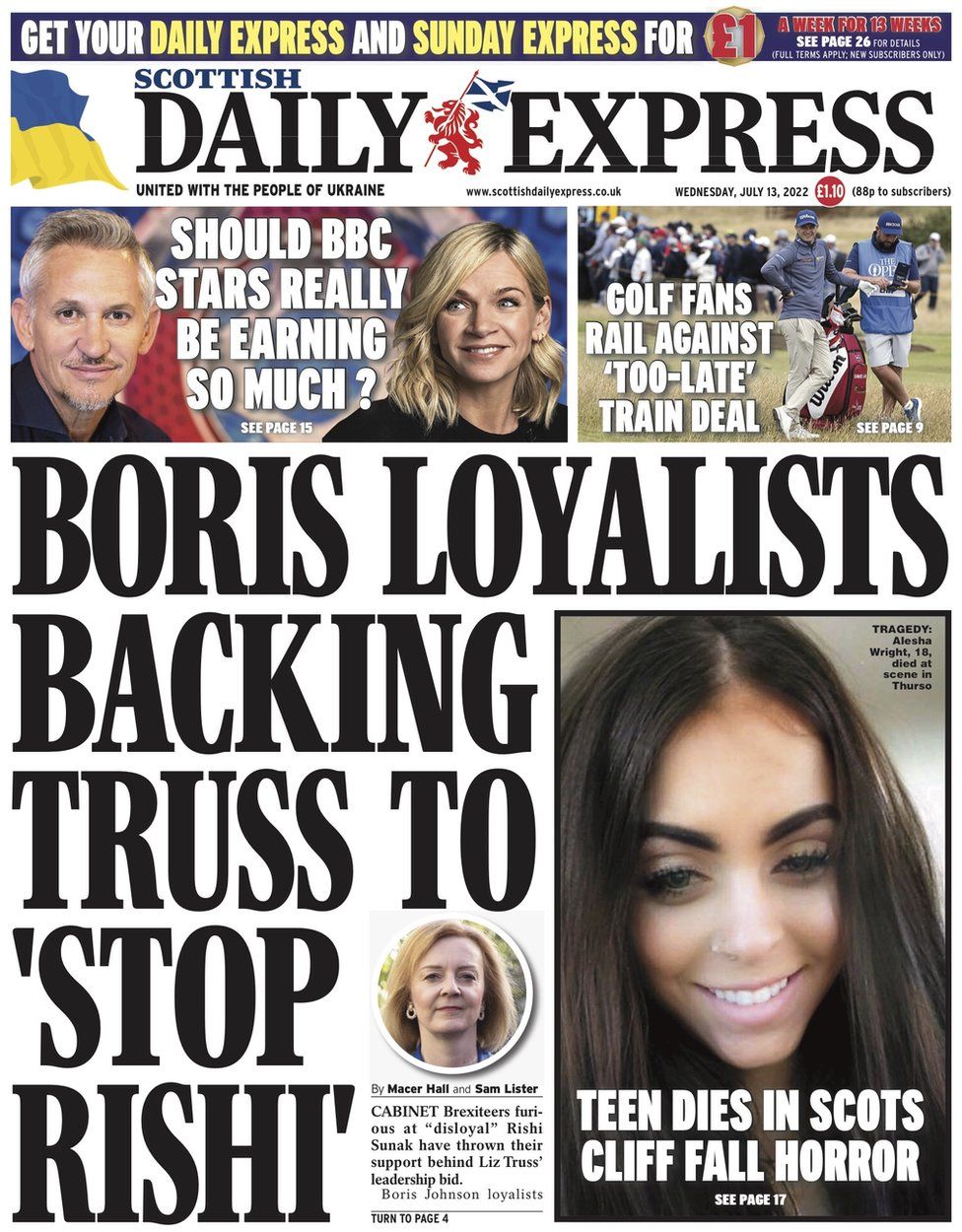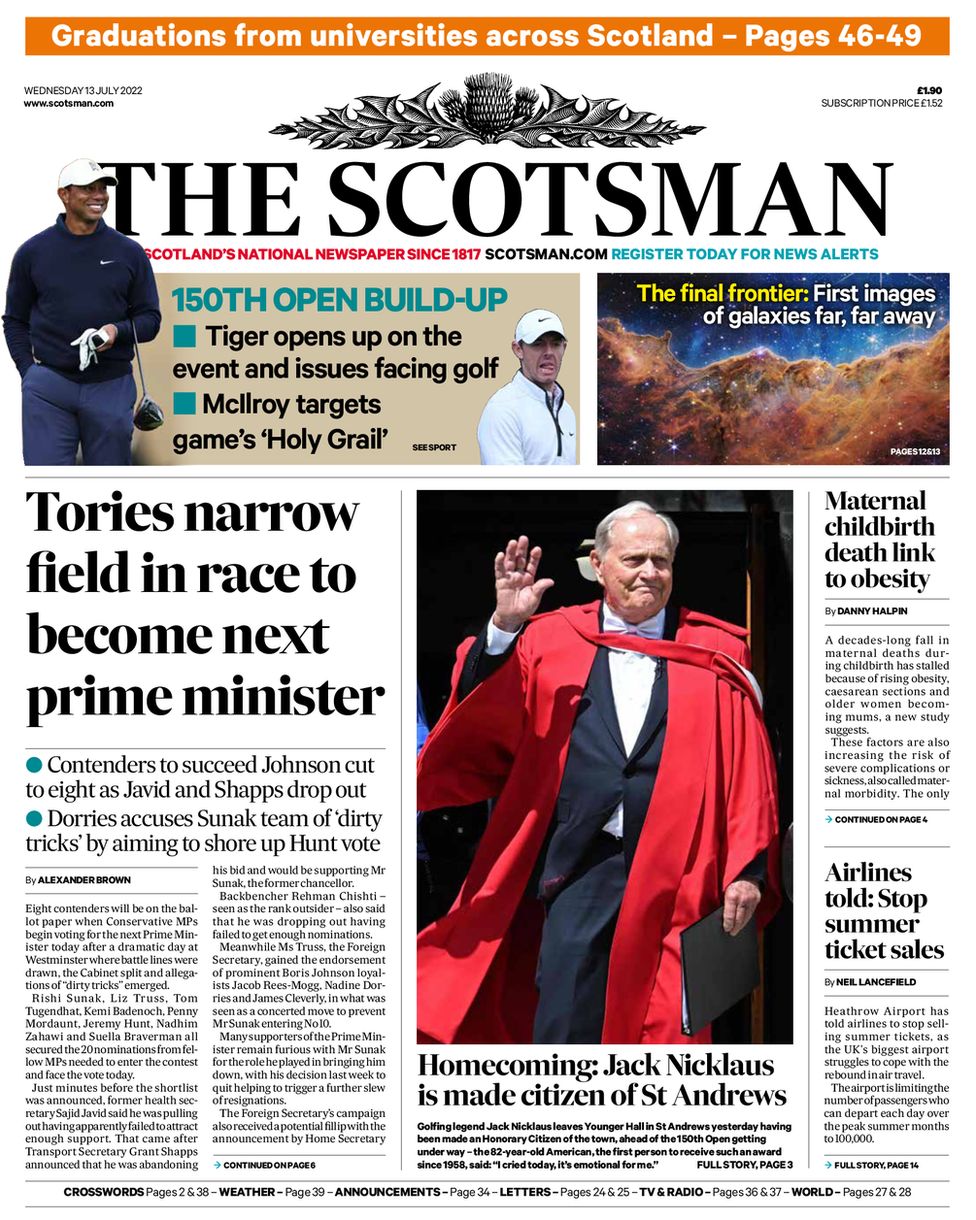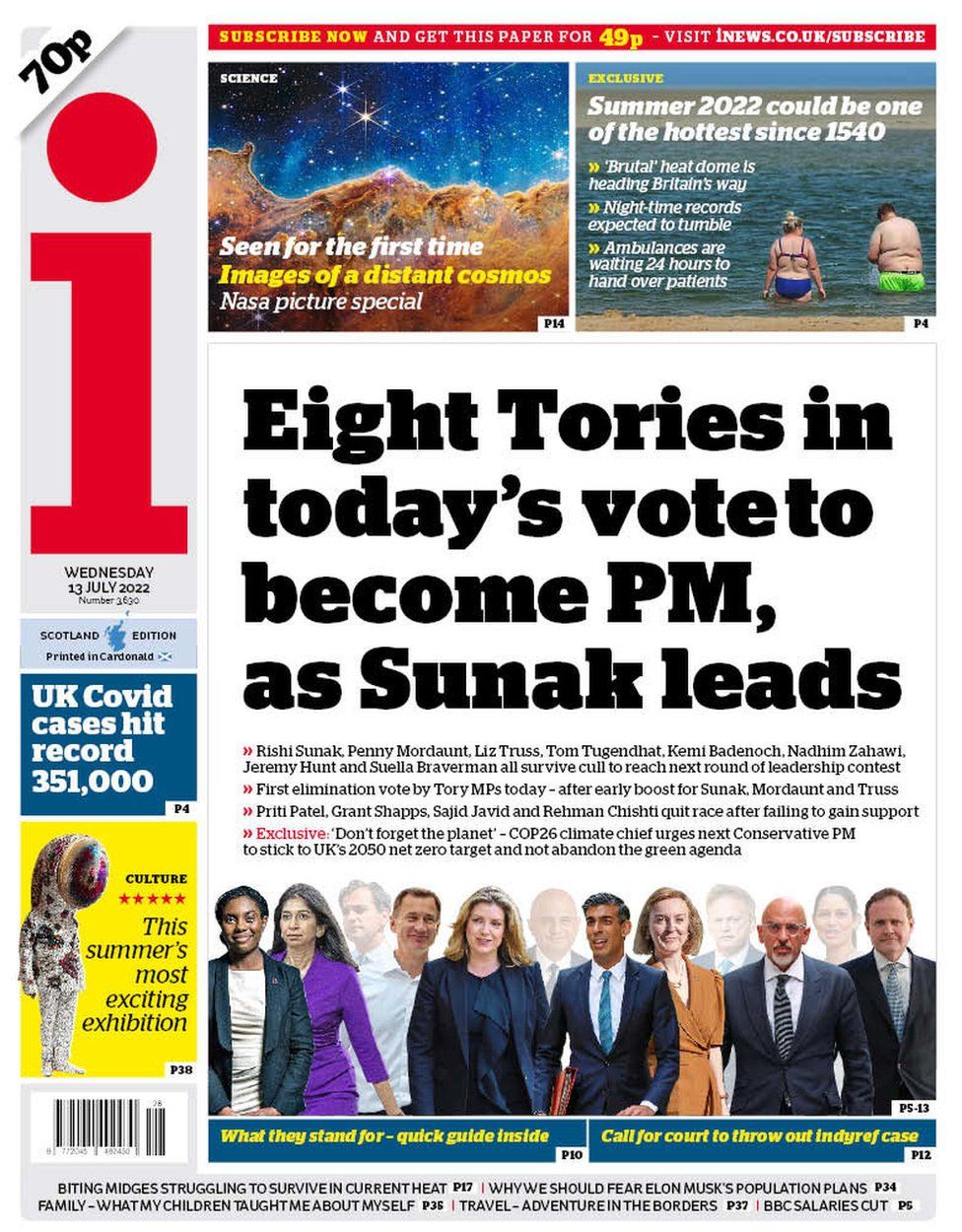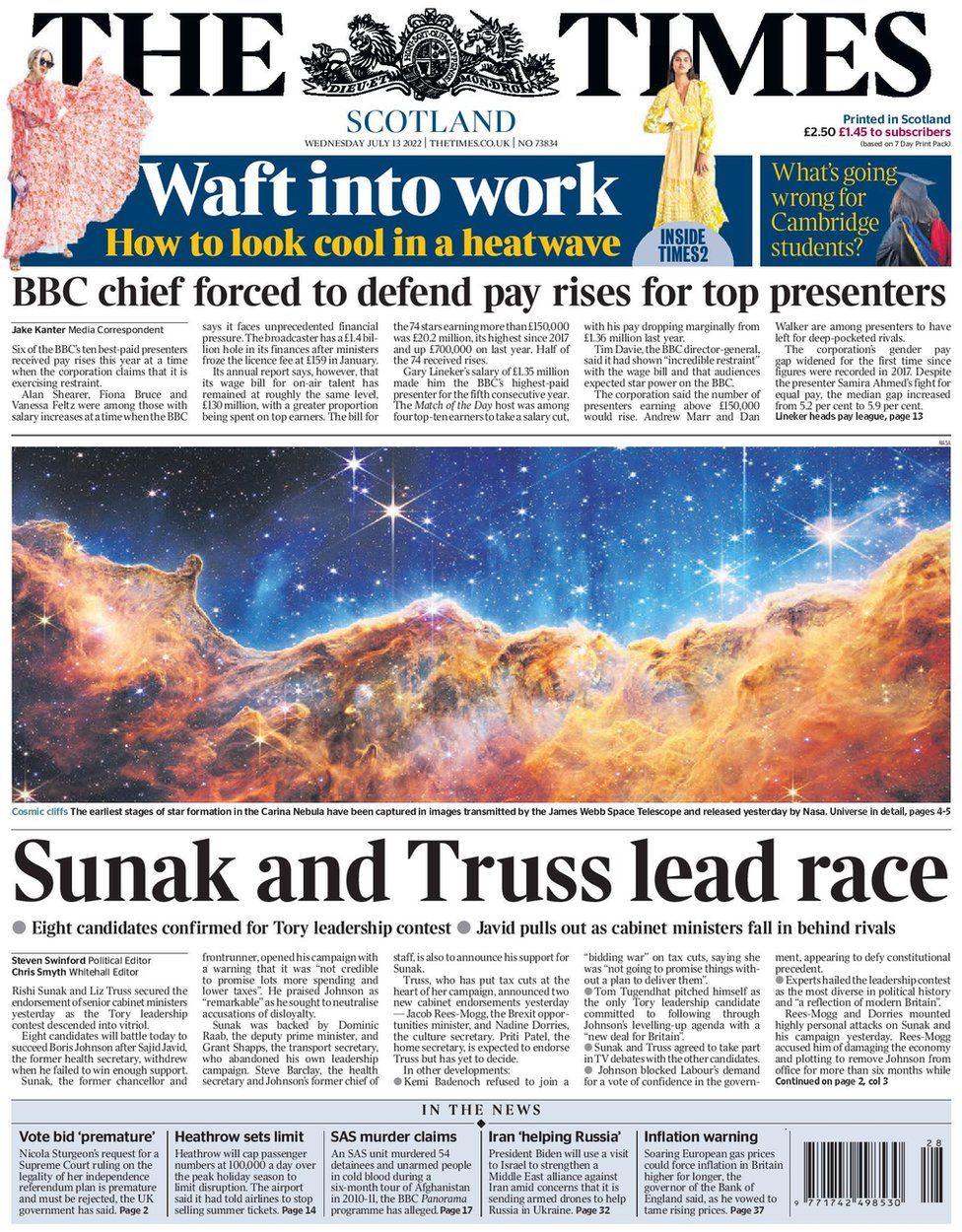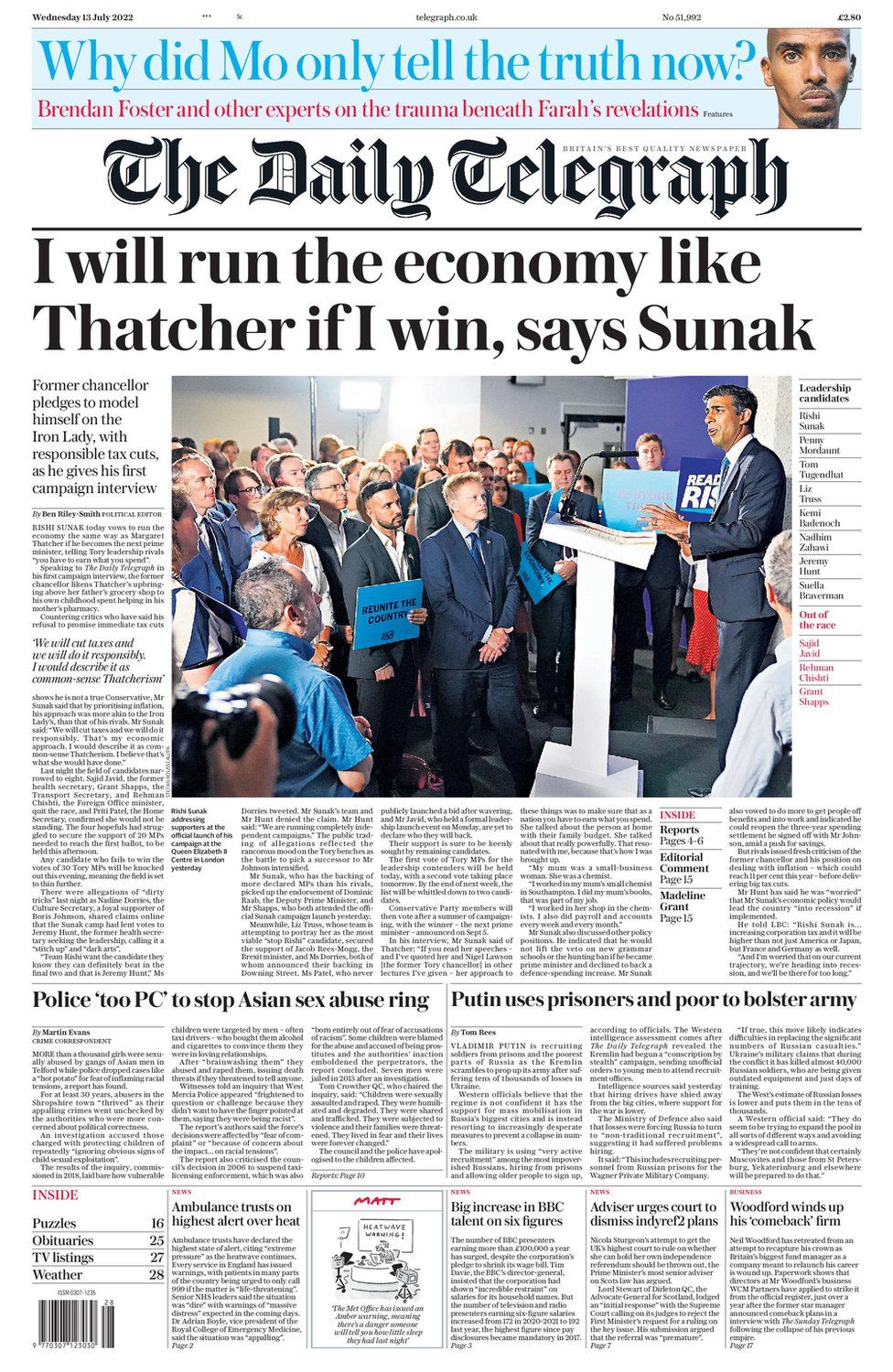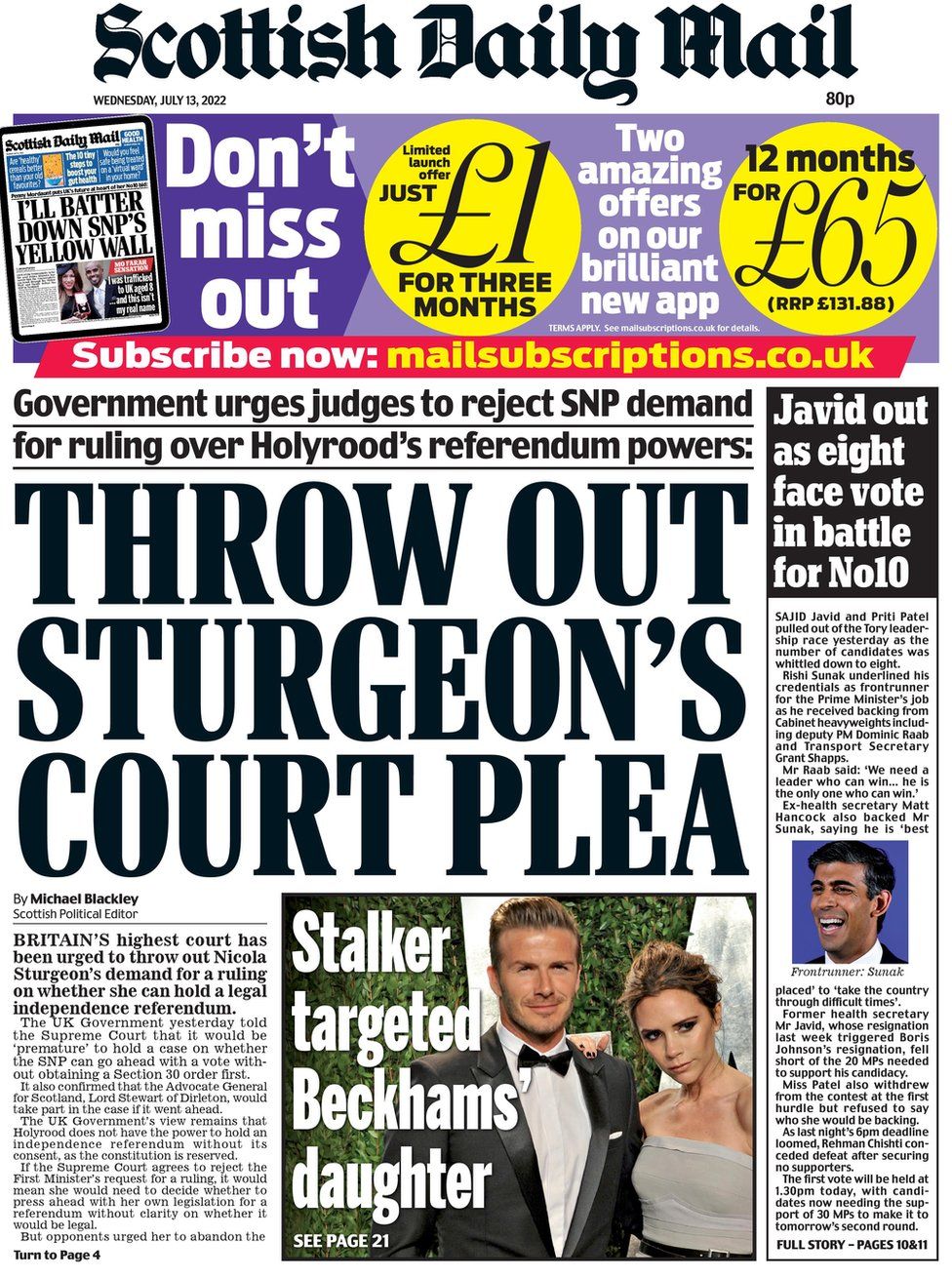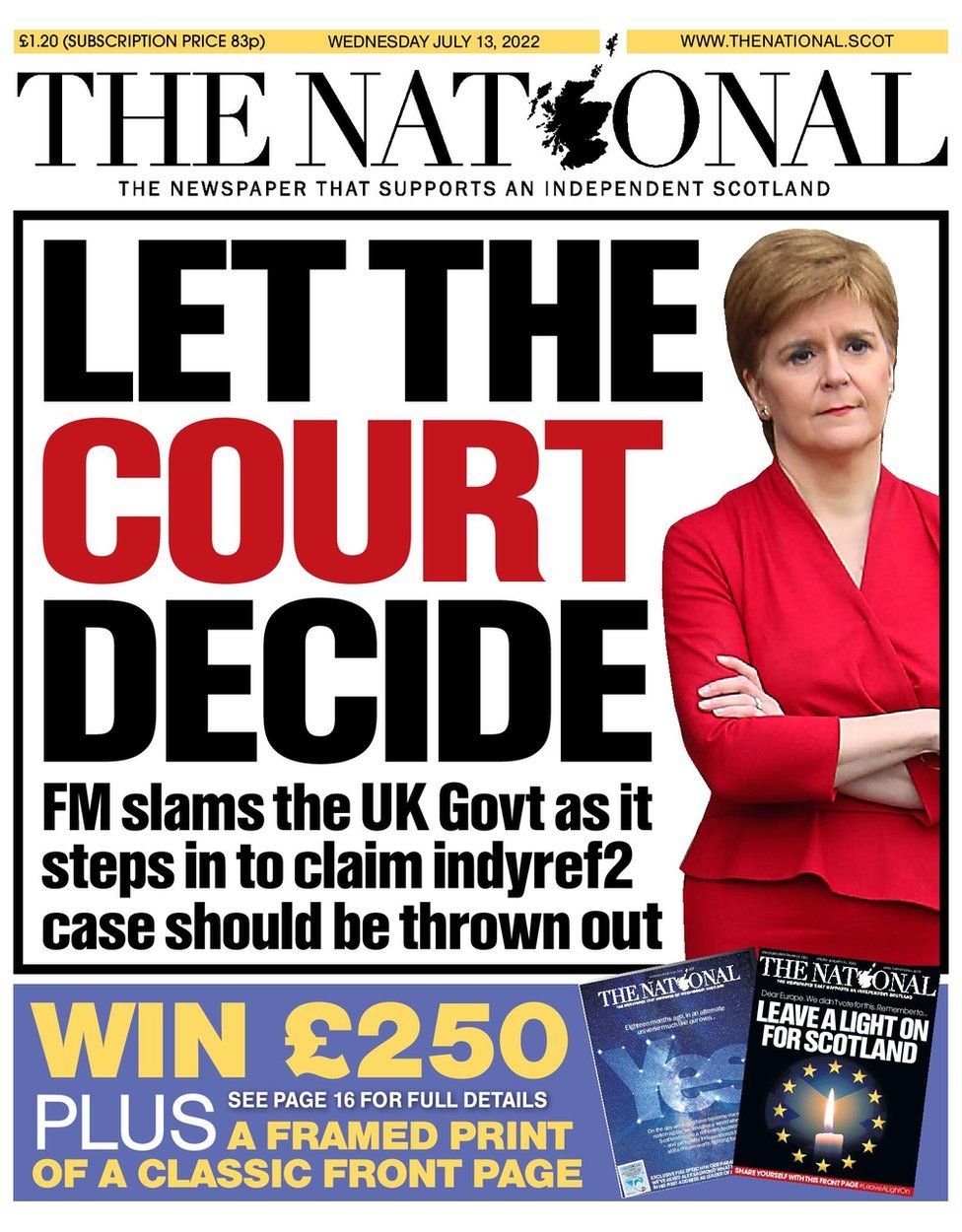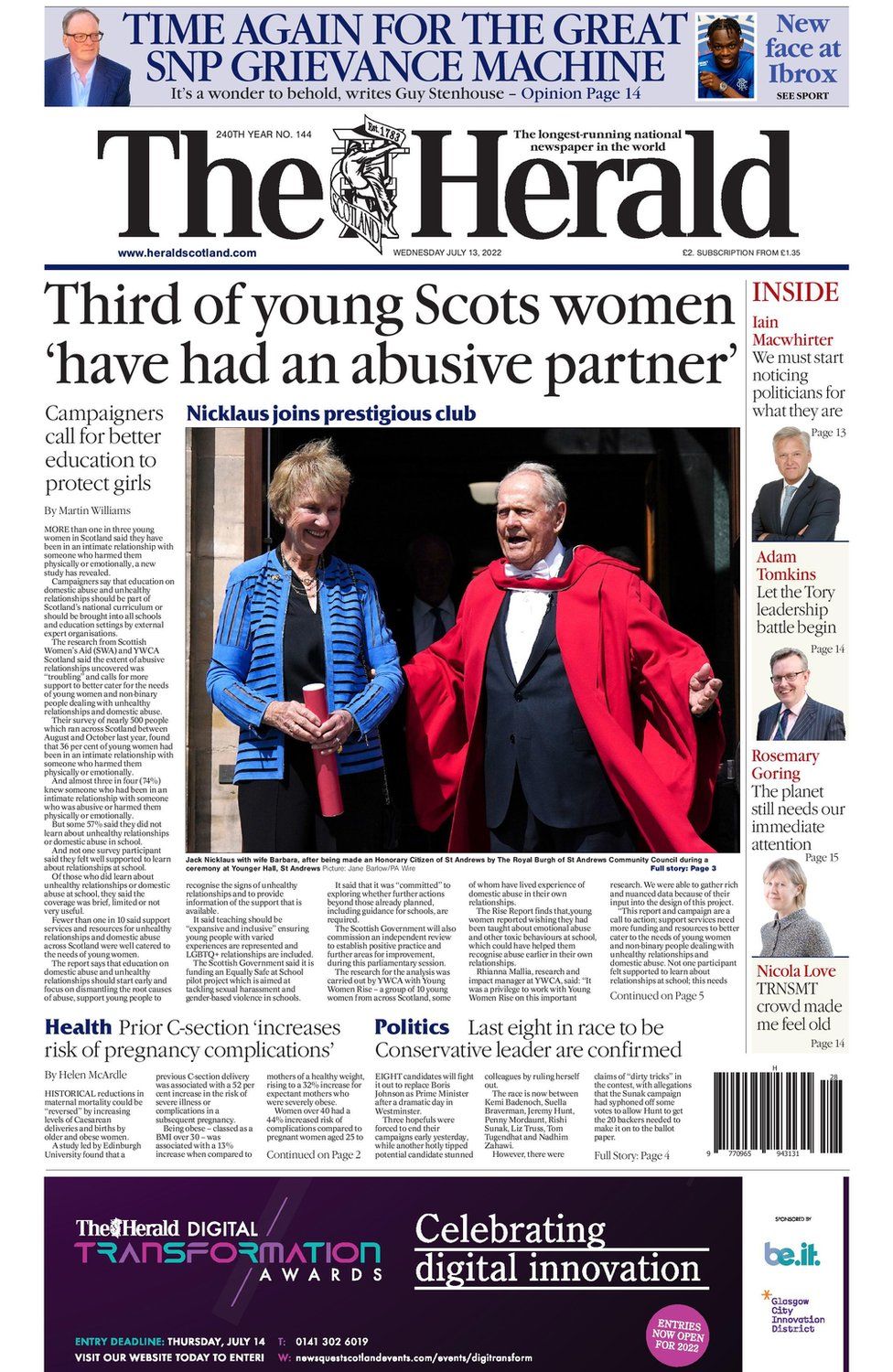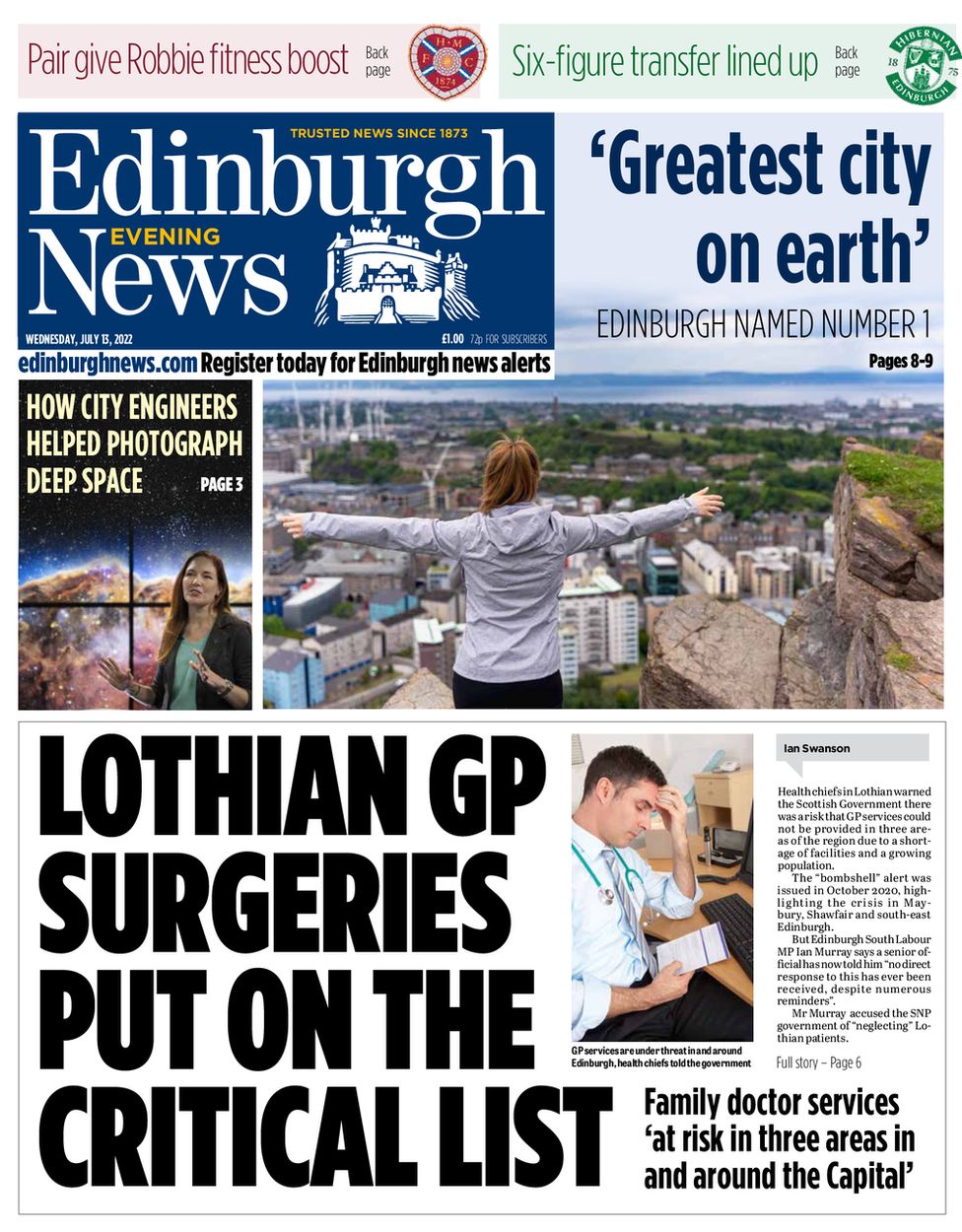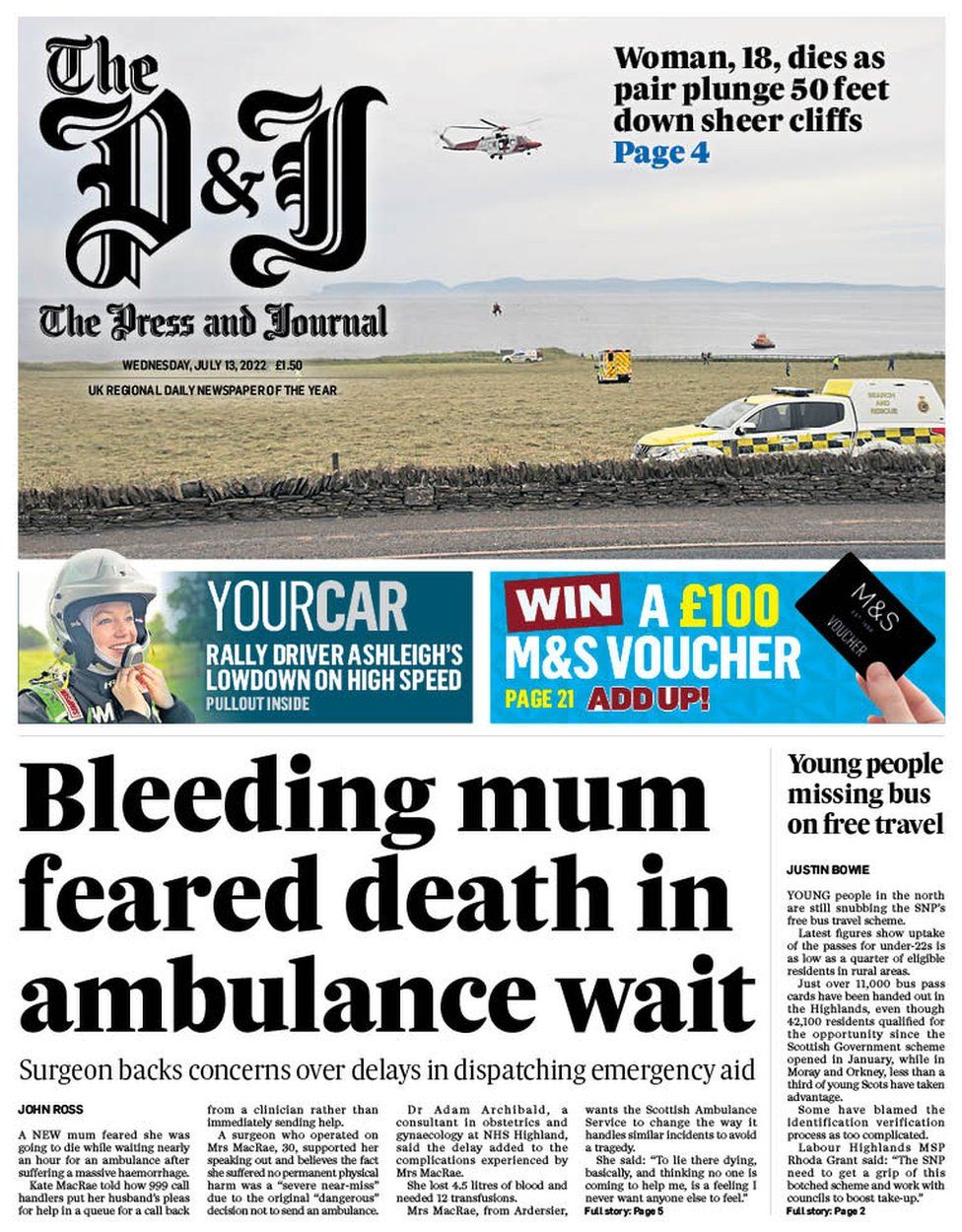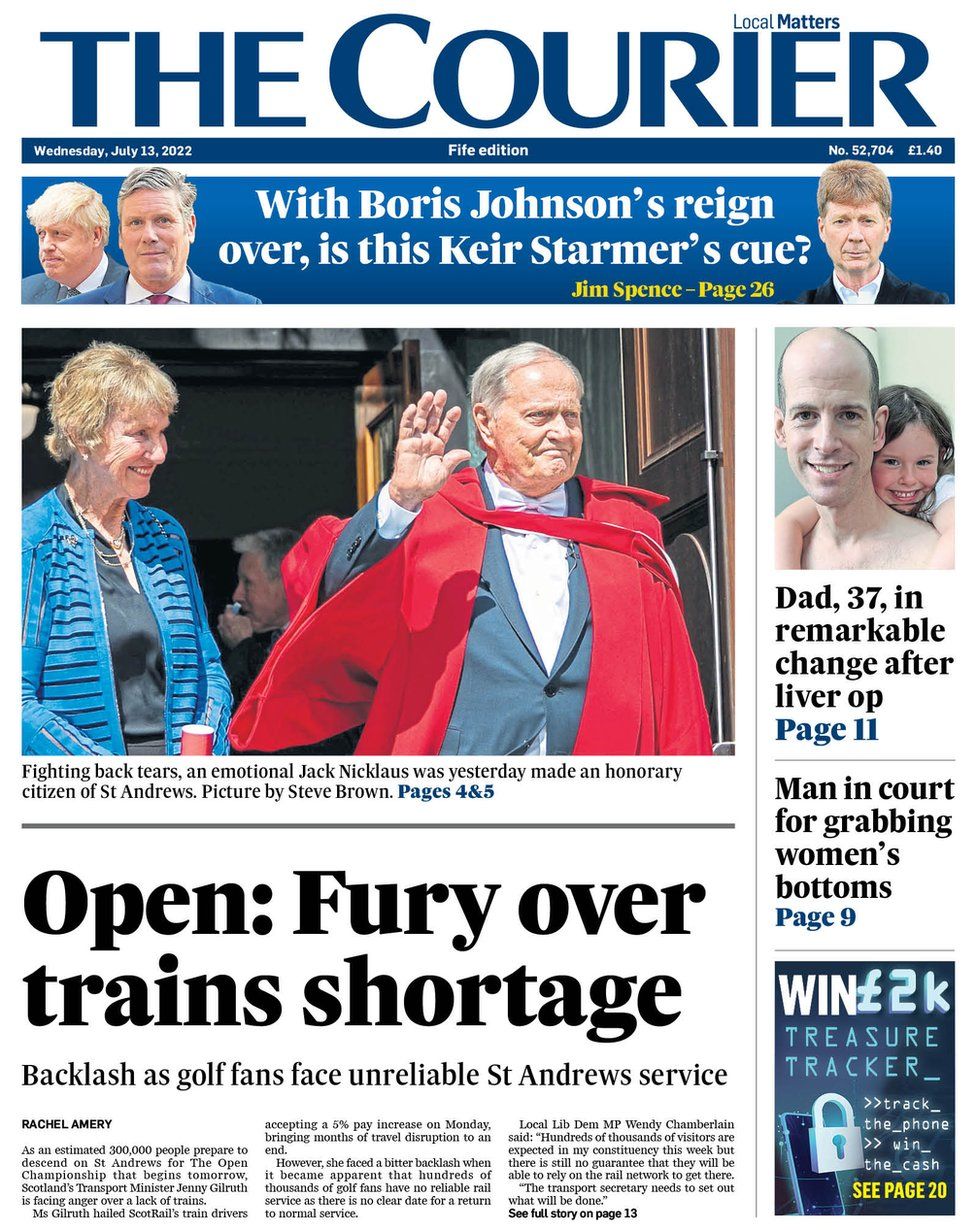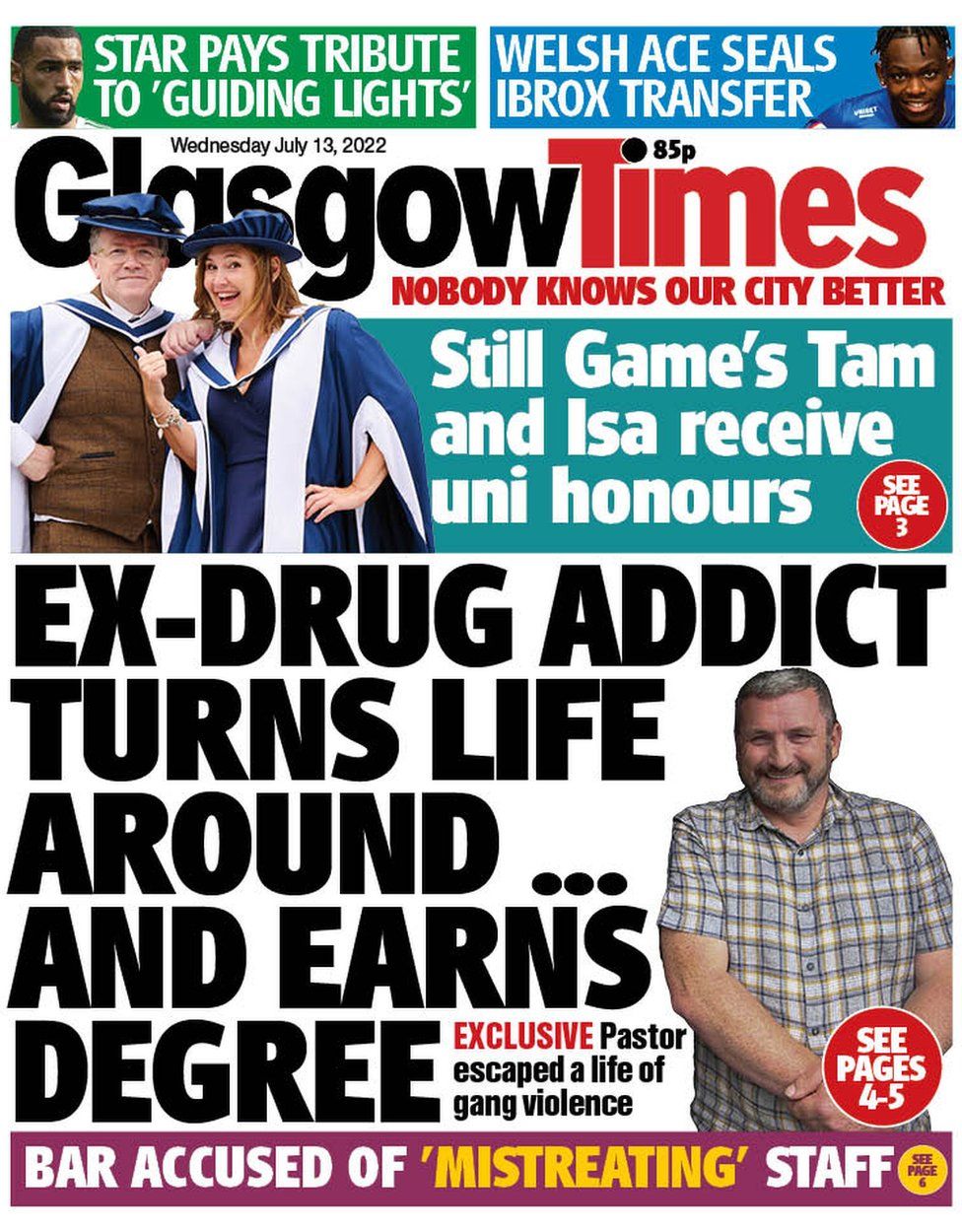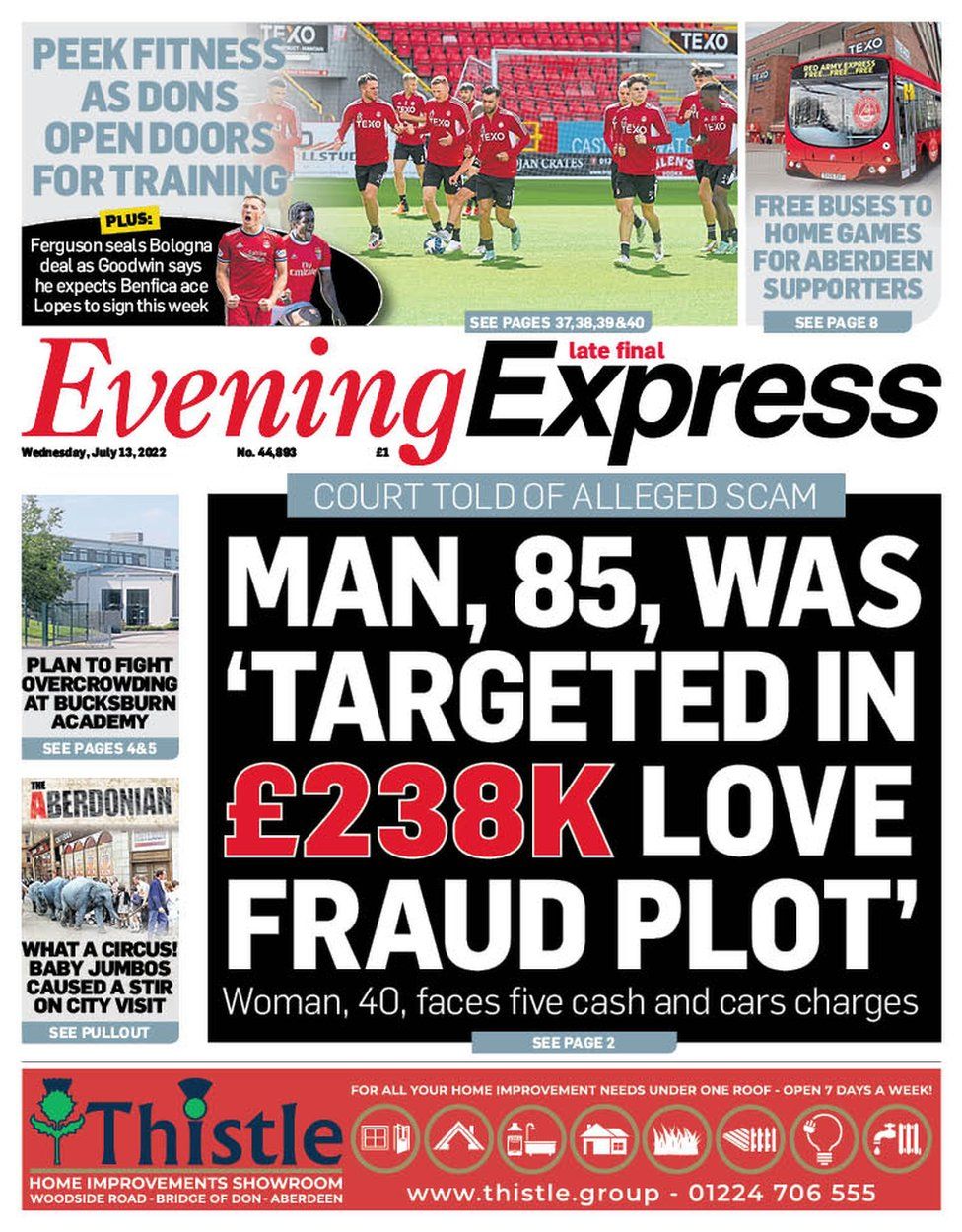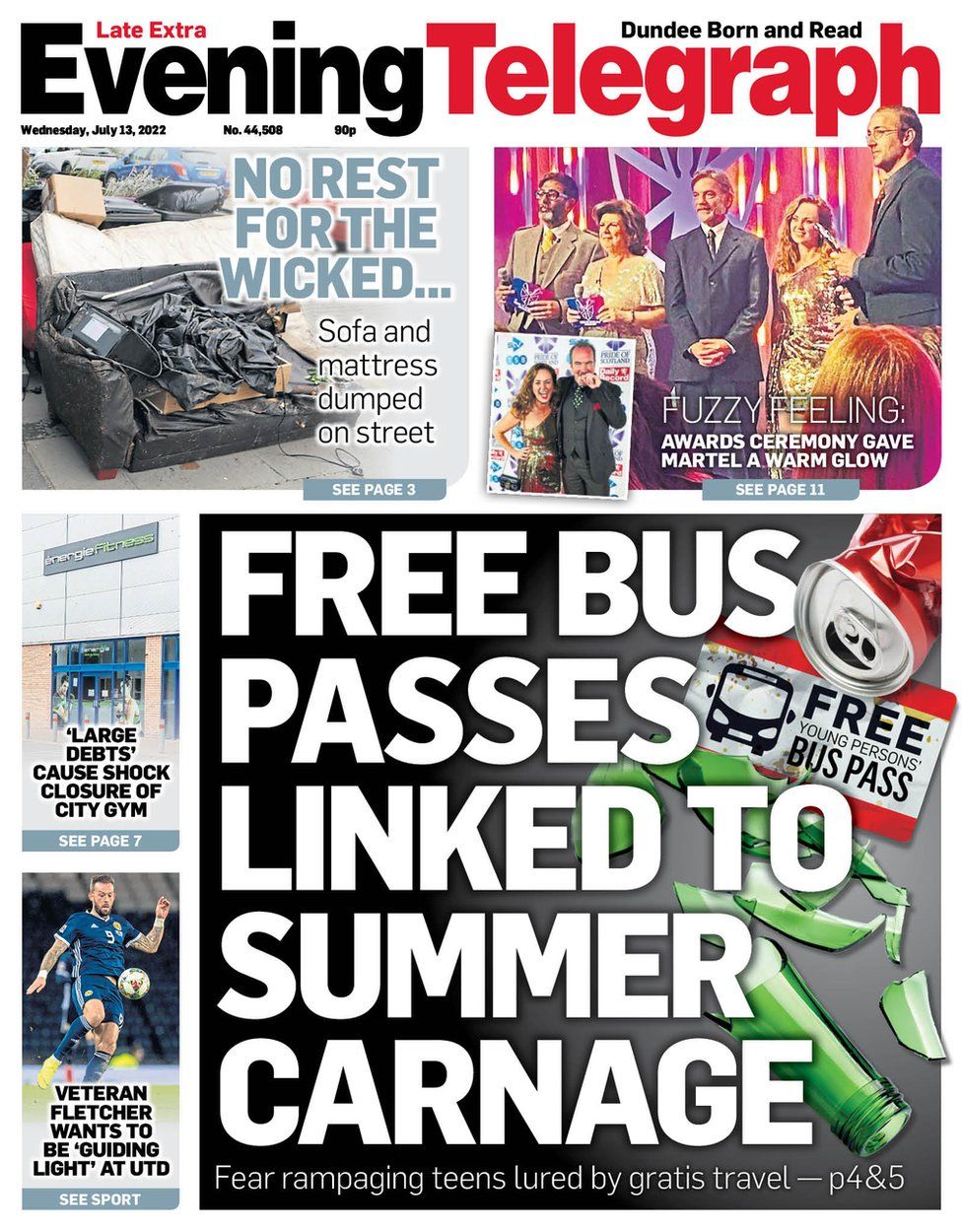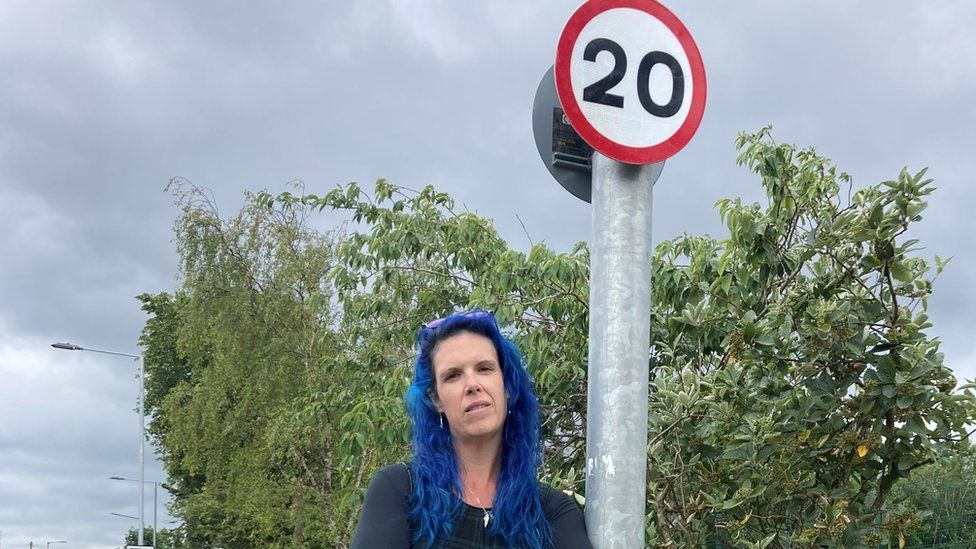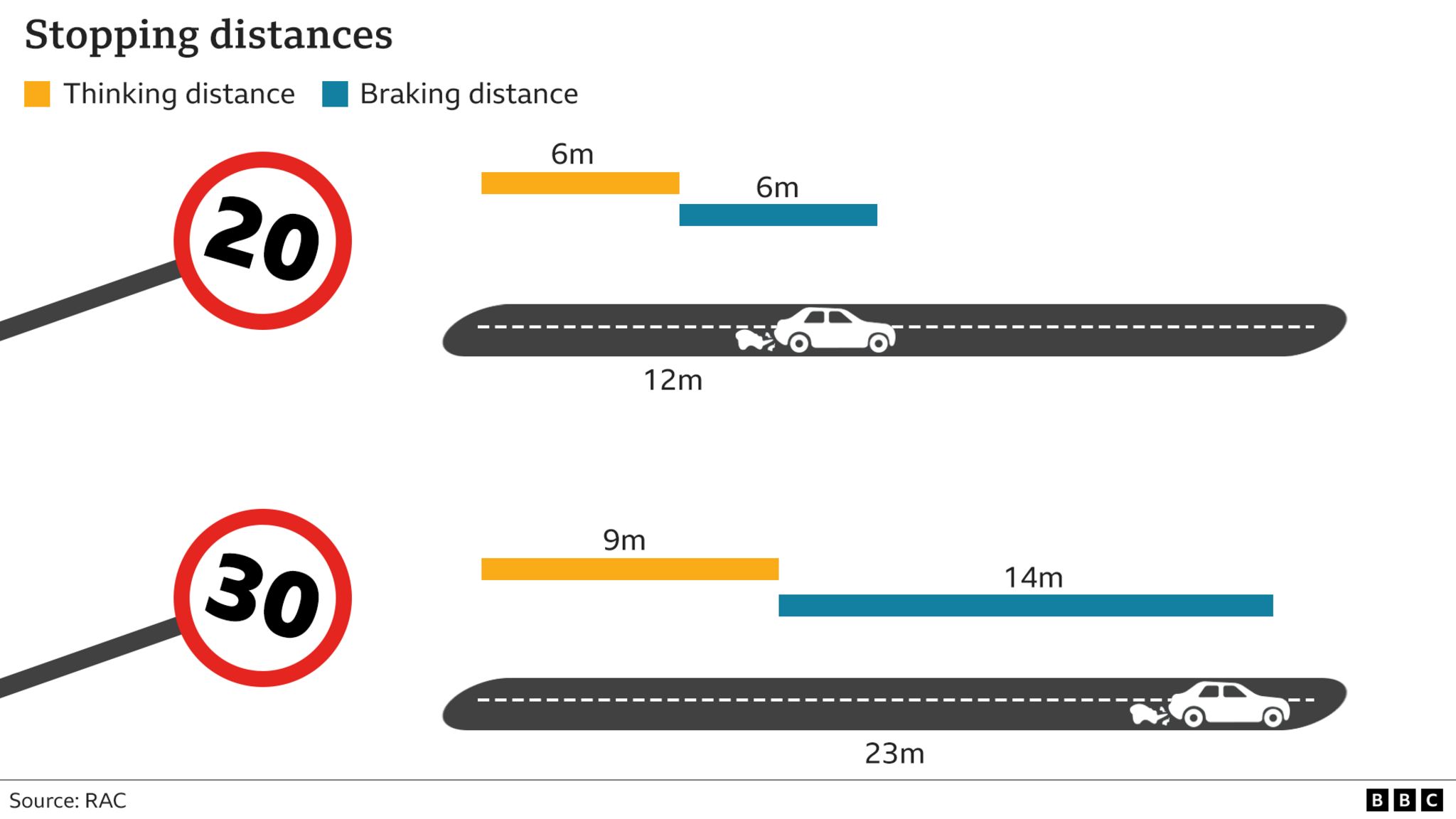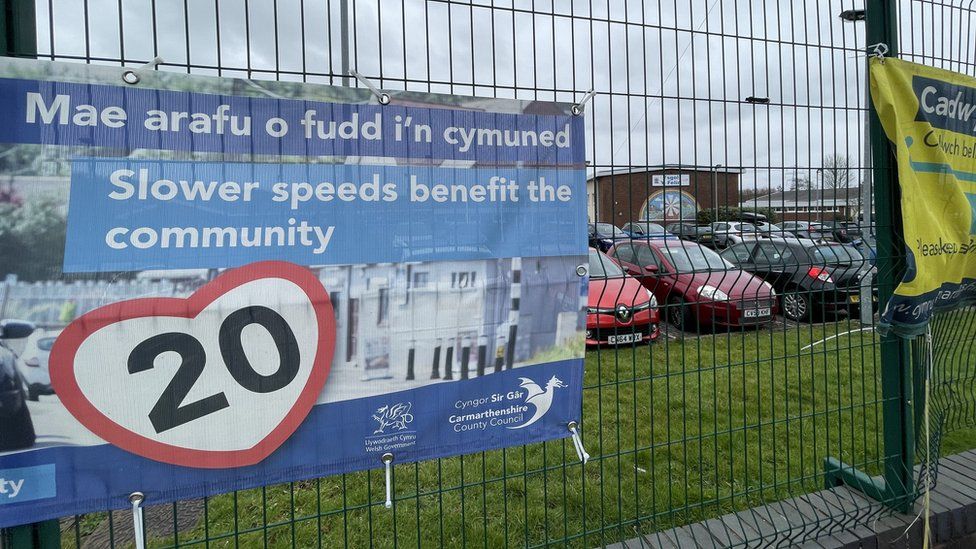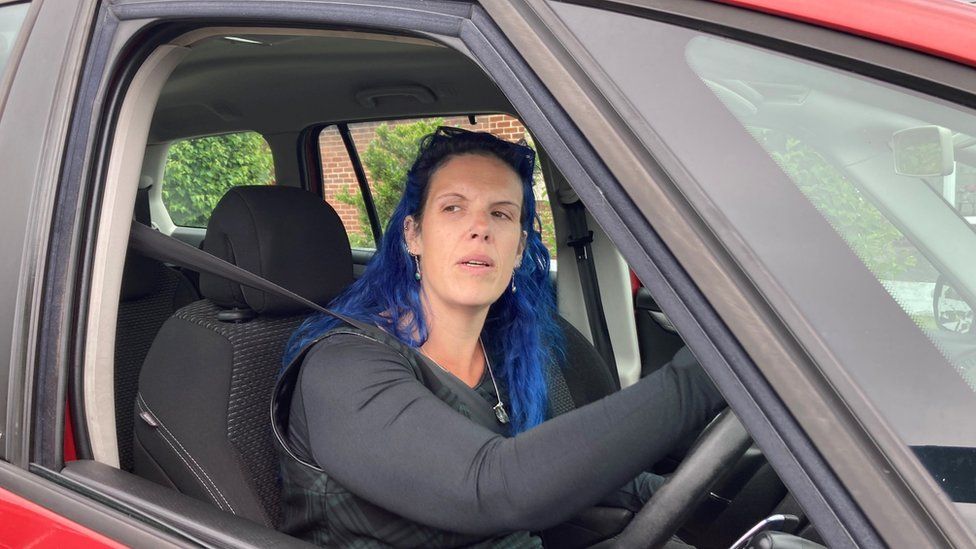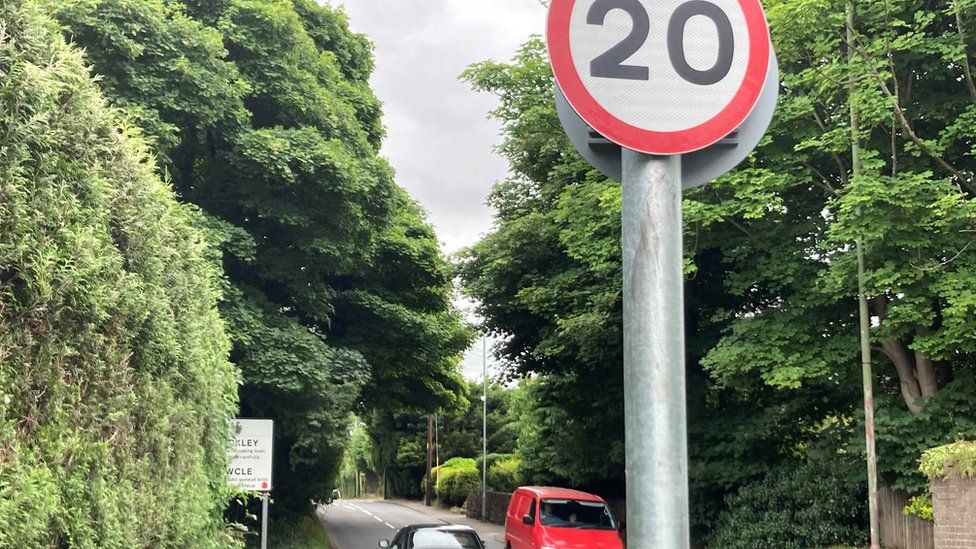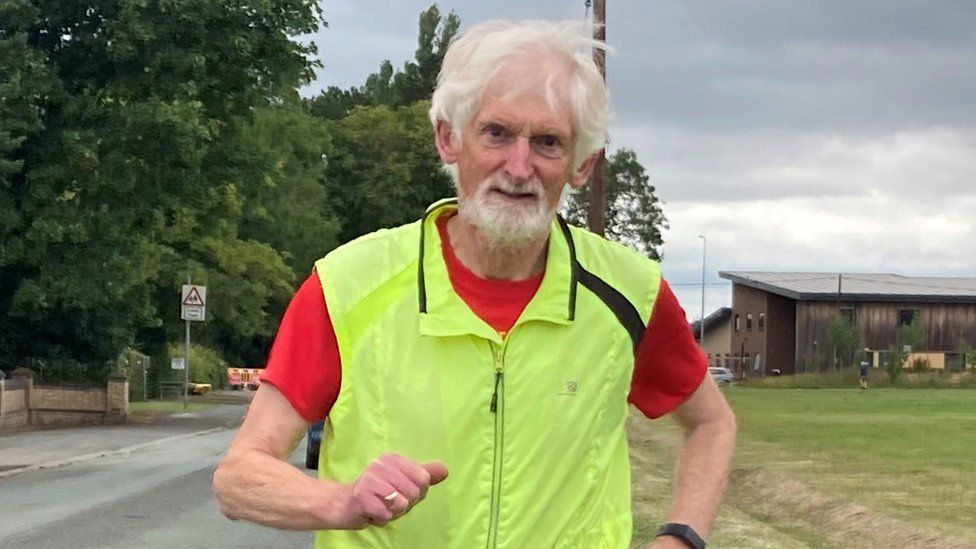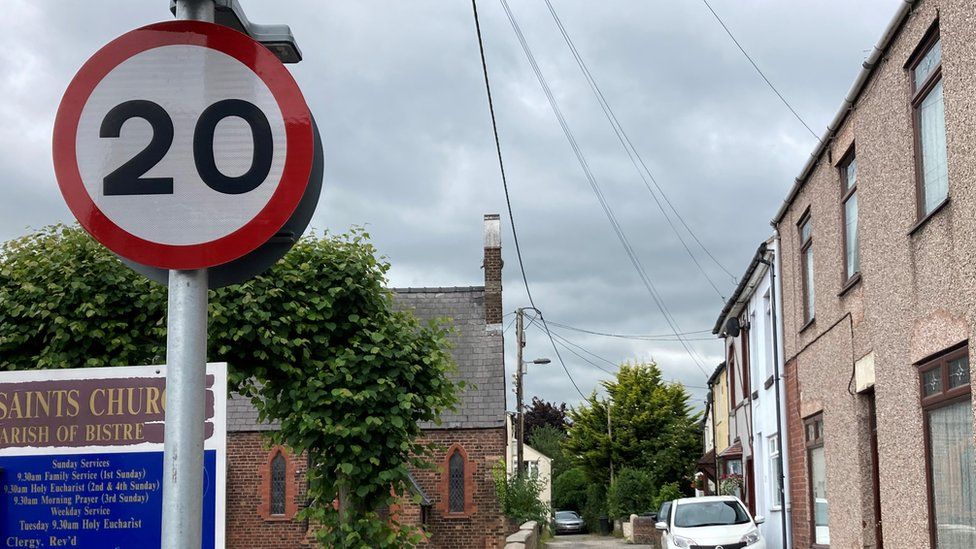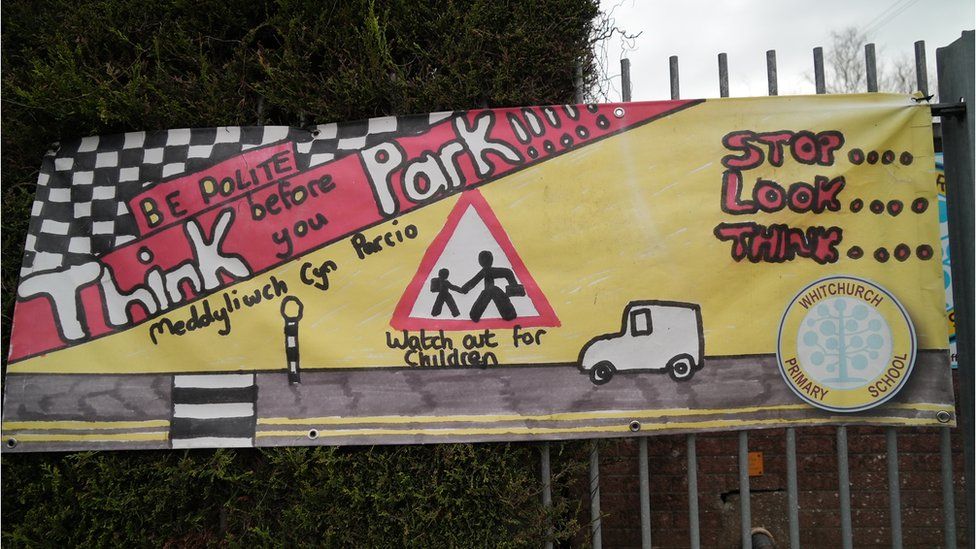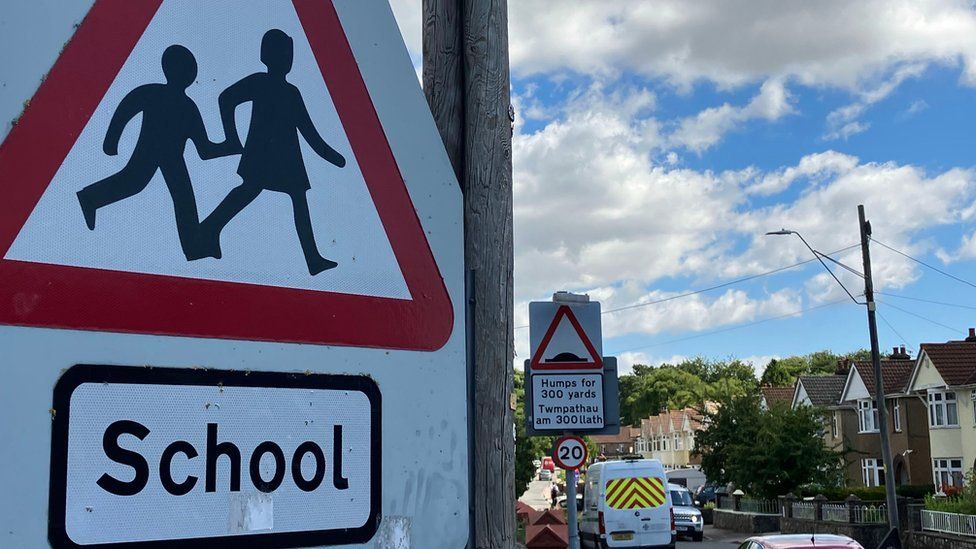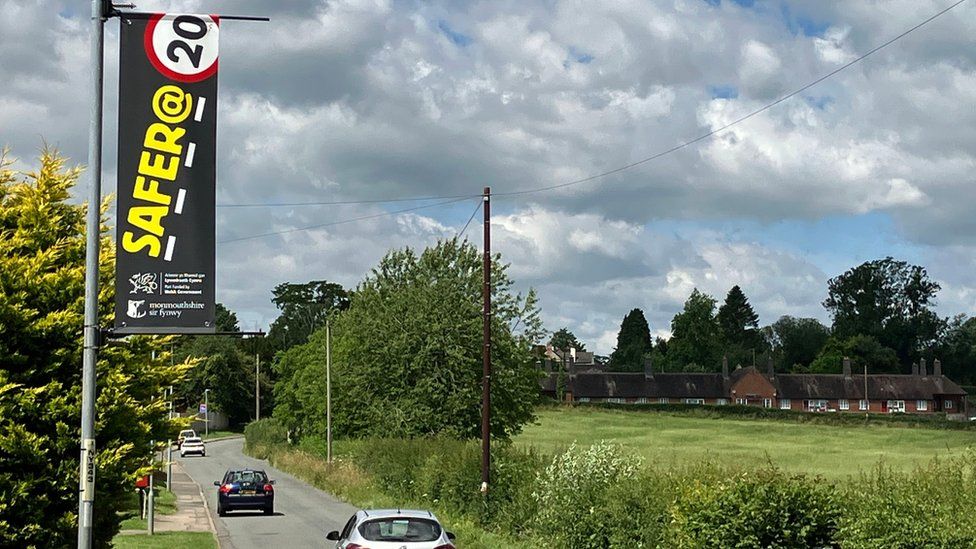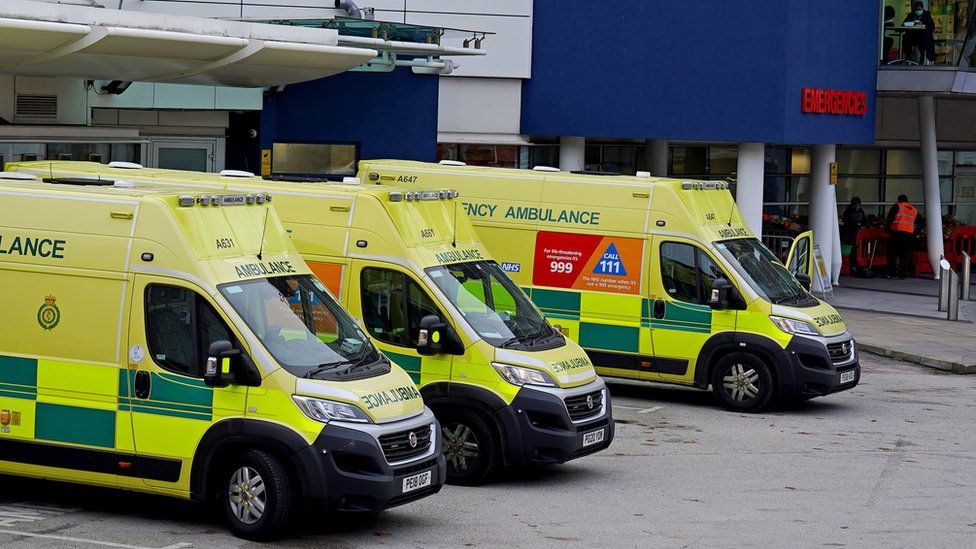Jeremy Hunt has declared his support for former chancellor Rishi Sunak after he and Nadhim Zahawi were knocked out of the Conservative leadership race.
The ex-health secretary said Mr Sunak had a "formidable ability" to deal with the challenging economy, but also said his character would suit the top job.
"Rishi is one of the most decent straight people with the highest standards of integrity that I have ever met in British politics," he said.
"And that's why I would be proud to have him as my next prime minister."
Politics Hub: Latest reaction from Westminster as field to become next PM narrows
A total of six candidates made it through the first round of voting, with chair of the backbench 1922 Committee Sir Graham Brady revealing the number of MPs who had supported each of them.
Those who made it through to the next round are:
However, while Mr Sunak leads the vote in the Commons, Ms Mordaunt has topped two polls of the wider Tory membership.
Mr Hunt only secured the backing of 18 MPs in the first round of voting on Wednesday, falling short of the threshold of 30.
But he was not alone, as the new chancellor, Mr Zahawi, also failed to make the mark, getting the support of only 25 MPs.
Tory MPs will vote again on Thursday as they continue to narrow down the pack to the final two candidates.
Mr Zahawi, who was appointed chancellor just last week, put out a statement saying his "total focus" would now be on the Treasury as the "steward of the nation's finances".
He added: "I stood for the [leadership] because I have a passionate vision for the United Kingdom that I want to see. One where ability, skills and productivity are the key to achieving success and where there is opportunity for all.
"Clearly my part in the contest has now ended. My priority is my work as chancellor of the Exchequer."
Mr Hunt, who made the final two to run against Boris Johnson in the last leadership election, gave "a gentle word of advice" to those still in the race, warning them against "smears and attacks" for "short term tactical gain".
"The nation is watching and they've had enough of our drama," he added.
When it came to the winners of the first round, Ms Mordaunt tweeted a thank you video to her supporters, while Mr Tugendhat, who chairs the foreign affairs select committee, called it a "fantastic result" for his campaign.
He also tweeted his condolences to Mr Zahawi, saying: "You're a great man, you've been a great candidate and you're a great friend. Frontline politics needs you."
Ms Braverman, who is the attorney general, also tweeted her thanks, and a spokesperson for foreign secretary Ms Truss made a call for MPs to "unite" behind her, saying she will "cut taxes, deliver the real economic change we need from day one and ensure Putin loses in Ukraine".
Read more:
How many backers does each Tory candidate have so far?
Who are the contenders for PM and what are their policies?
Ms Badenoch said she was "grateful" to make it to the next stage, adding: "Our party must stand as the party for change. I have the conviction, the courage, and the clarity of thought to deliver that change."
There is still further to go in the contest until the final two candidates are reached, with the second round of voting due to take place on Thursday.
There had been reports a higher threshold would be imposed, but instead, it will just be the person with the lowest number of votes that is kicked out of the contest - although others may choose to withdraw.
The final stage is expected to be reached by the end of next week at the latest, leaving the last pair to carry out hustings over the summer and face a vote from the wider Tory party membership - with a result announced on 5 September.
The leadership contest was triggered after Mr Johnson announced his departure from Downing Street last week.
It followed an avalanche of ministerial resignations over his handling of disgraced MP Chris Pincher, and accusations he had lied about what he knew regarding the inappropriate behaviour of the former deputy chief whip.
Mr Johnson remains in No 10 as a caretaker prime minister while the contest is carried out.
But Labour has been pushing for the PM to go immediately, attempting to call a confidence vote in him and the government - with the potential of triggering a general election.
Instead, the government has called a confidence vote in itself, allowing it to set the wording to make it easier for Tory critics of Mr Johnson to vote in favour.
Sky News is hosting a live TV debate with the contenders vying to be the next leader of the Conservative Party and therefore prime minister, and you could be in the virtual audience.
The debate will take place on Monday 18 July hosted by Sky News presenter Kay Burley.
If you would like to be a member of the virtual audience and be in with a chance of asking a question, please email NewsDebates@sky.uk.
https://news.google.com/__i/rss/rd/articles/CBMigQFodHRwczovL25ld3Muc2t5LmNvbS9zdG9yeS9jb25zZXJ2YXRpdmUtbGVhZGVyc2hpcC1yYWNlLWplcmVteS1odW50LWJhY2tzLXJpc2hpLXN1bmFrLWFmdGVyLWJlaW5nLWtub2NrZWQtb3V0LW9mLWNvbnRlc3QtMTI2NTEzNjbSAYUBaHR0cHM6Ly9uZXdzLnNreS5jb20vc3RvcnkvYW1wL2NvbnNlcnZhdGl2ZS1sZWFkZXJzaGlwLXJhY2UtamVyZW15LWh1bnQtYmFja3MtcmlzaGktc3VuYWstYWZ0ZXItYmVpbmcta25vY2tlZC1vdXQtb2YtY29udGVzdC0xMjY1MTM2Ng?oc=5
2022-07-13 20:32:11Z
1494214054
